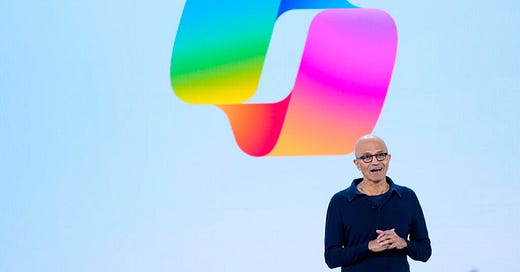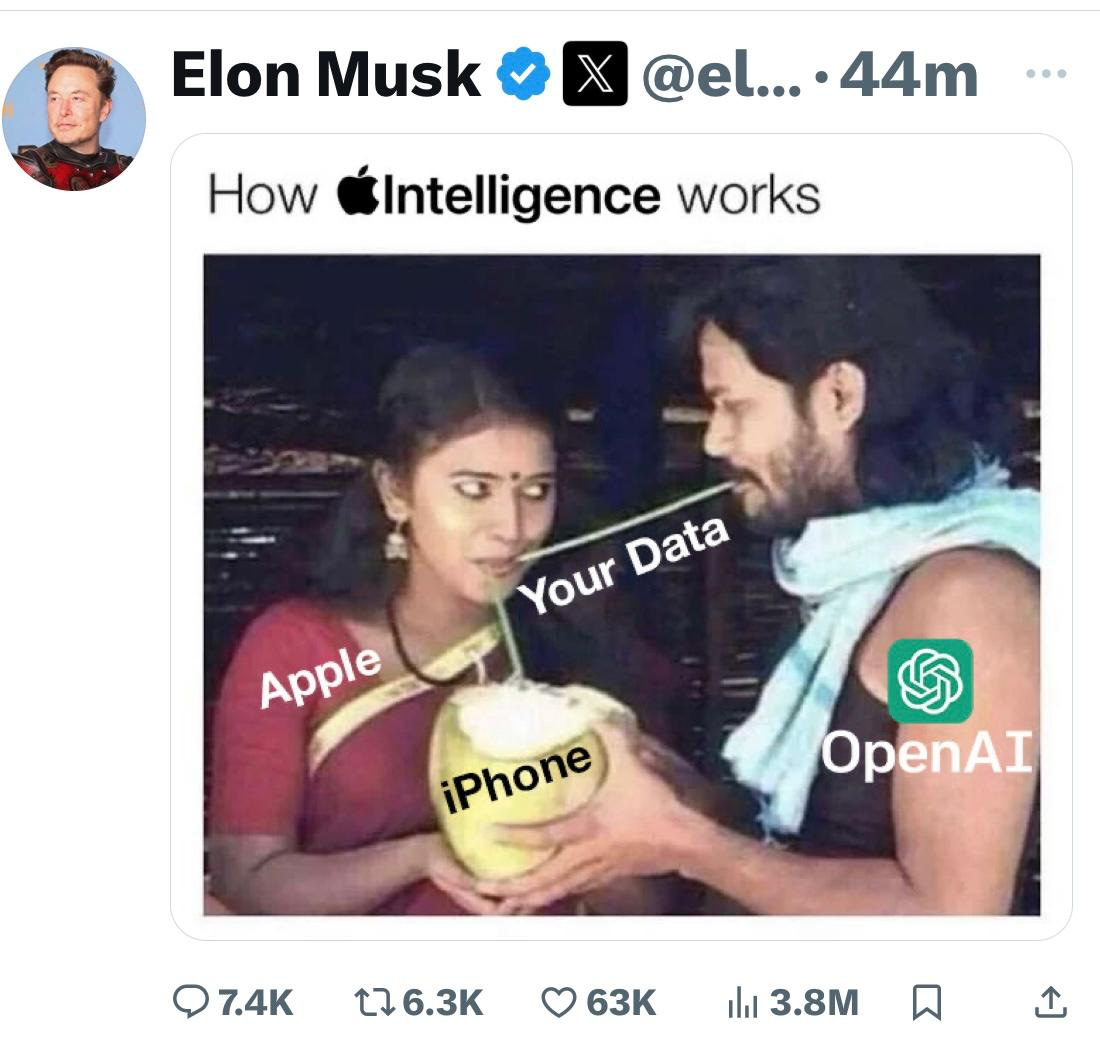Microsoft Defers Controversial Recall AI Feature Amid Privacy Concerns
As technology evolves and incorporates more AI-driven features, ensuring robust privacy protections, like those of Apple, has to remain a central challenge and priority for companies like Microsoft.
Microsoft’s Recall AI Feature
Bowing to widespread privacy concerns from security experts and users alike, Microsoft today announced the indefinite deferral of their PCs and the latest version of Windows software without the controversial Recall AI feature. Originally intended for the upcoming Copilot Plus PCs and touted as a revolutionary tool for enhancing user experience, Recall AI promised to screenshot activities and create an easily searchable timeline. However, recognising the significant privacy issues, the tech giant has decided to shelve this feature for the time being.
“We are adjusting the release model for Recall to leverage the expertise of the Windows Insider community to ensure the experience meets our high standards for quality and security,” says Microsoft in an updated blog post. “When Recall (preview) becomes available in the Windows Insider Program, we will publish a blog post with details on how to get the preview.”
The Promise of Recall AI
Recall AI aims to provide a seamless and highly personalised user experience. By capturing screenshots of user activity, it allows for easy retrieval of past actions, creating an interactive timeline. Microsoft CEO Satya Nadella had earlier attempted to allay privacy concerns, emphasising that these screenshots were not the same as capturing keyboard pressing history. Proponents argued that this feature could vastly improve productivity and user satisfaction, offering a more tailored and efficient computing experience.
Privacy Concerns and Data Security Issues
However, the extensive data capture involved with Recall AI sparked considerable controversy. Privacy advocates and security experts raised alarms about the implications of such comprehensive data collection. Experts were particularly appalled that the data, which Microsoft claimed would remain on the user’s machine, was initially stored in plain text and unencrypted, making it an easy target for even less sophisticated hackers. Although Microsoft purportedly fixed this loophole, the fear remained that, despite assurances, sensitive user information could still be at risk if not properly safeguarded.
Microsoft's Response to Privacy Issues
In response to these concerns, Microsoft initially planned to launch Recall as an opt-in feature with enhanced security measures, including data encryption and authentication via Windows Hello. Despite these adjustments, Microsoft has now decided to withhold Recall from the initial release of Copilot Plus PCs, opting for further testing with the Windows Insider community.
The Broader Context of Privacy in Tech
The delay of Recall AI comes amidst a broader debate on privacy in the tech industry. Recently, a privacy controversy was sparked by Elon Musk's comments on "Apple Intelligence," which were later found to be quite unfounded. Apple, it turns out, has a three-tier system to deploy AI applications on iOS devices. Some processing may be done on the device itself, thanks to the powerful silicon embedded in them. Another layer involves processing on Apple’s private servers without referencing third-party servers like those of OpenAI. Finally, the true heavy lifting is done on OpenAI servers, but only if the user, upon being alerted, grants the requisite permission. Even here, it is claimed that the third-party servers of OpenAI do not store the prompt data and erase it after the request received through the Apple system has been processed.
Apple's Rigorous Privacy Standards
In light of these rigorous standards adopted by Apple—despite receiving strident, if somewhat uninformed or perhaps motivated, criticism from individuals like Elon Musk—it is evident that Microsoft's now-binned feature was riddled with multiple loopholes. This incident, along with the ongoing scrutiny of big tech companies, underscores the importance of privacy considerations in digital products. It accentuates the fact that these considerations must now be at the core of products and features, rather than merely a peripheral concern, which in many cases— like the Microsoft’s case in point— has been more lip-service than anything substantial.
Microsoft’s Ongoing Commitment to Security
Microsoft's commitment to prioritising security was reaffirmed by Vice Chair and President Brad Smith during his testimony before the House Homeland Security Committee. He emphasised that security is paramount, even more so than the company's work on artificial intelligence. This commitment is further evidenced by Microsoft's Secure Future Initiative, which integrates cybersecurity considerations into employee performance reviews. Despite these corporate assurances, the Recall AI feature, with its questionable security and privacy safeguards, was on the verge of being launched. “The real question is how Recall even got so far with such a limited security review, that it required two backtracks. Truly baffling,” tweeted our honorary Tech Adviser, Bilawal Sidhu, based out of Austin, Texas.
Summing Up: Privacy at the Forefront of Digital Innovation
While the Recall AI feature could significantly enhance user experience, its delay highlights the critical importance of privacy in modern digital products. Users globally are increasingly aware and concerned about how their data is handled. Apple's recent launch of "Apple Intelligence" exemplifies a higher security and privacy threshold, demonstrating a commitment to rigorous standards. As technology evolves and incorporates more AI-driven features, ensuring robust privacy protections will remain a central challenge and priority for companies like Microsoft. Despite the potential for innovative advancements, privacy considerations must not be overshadowed, maintaining the trust and security of users worldwide.
If you believe this article would interest someone you know, please feel free to share it anonymously (for us), using any platform that you prefer.







